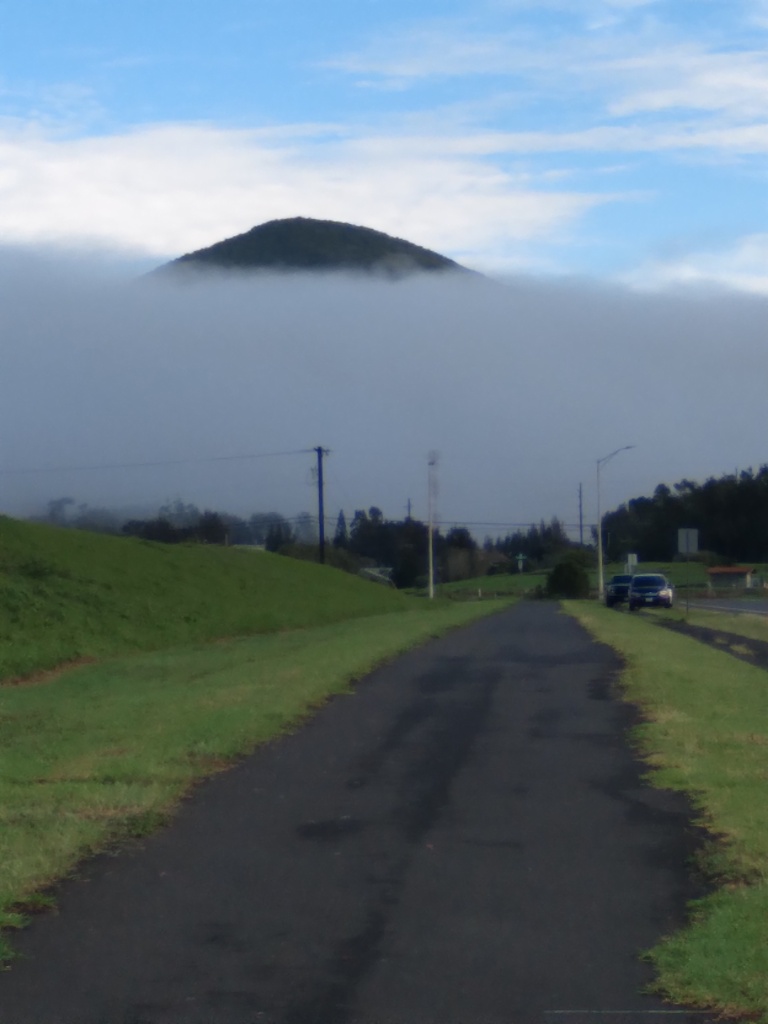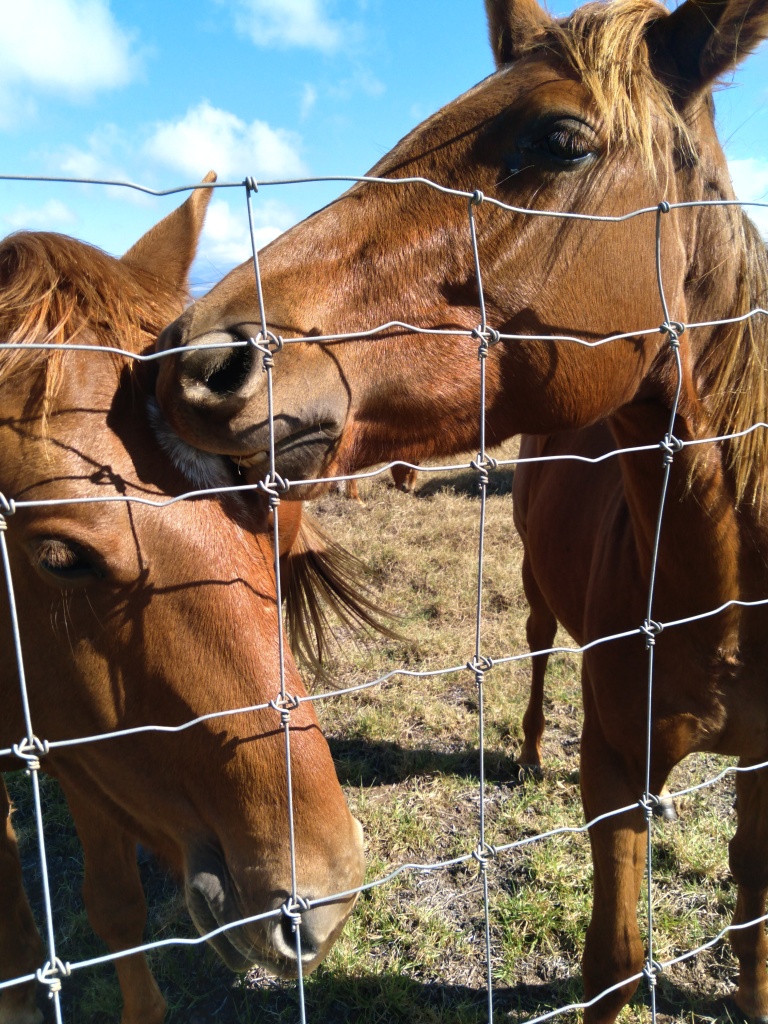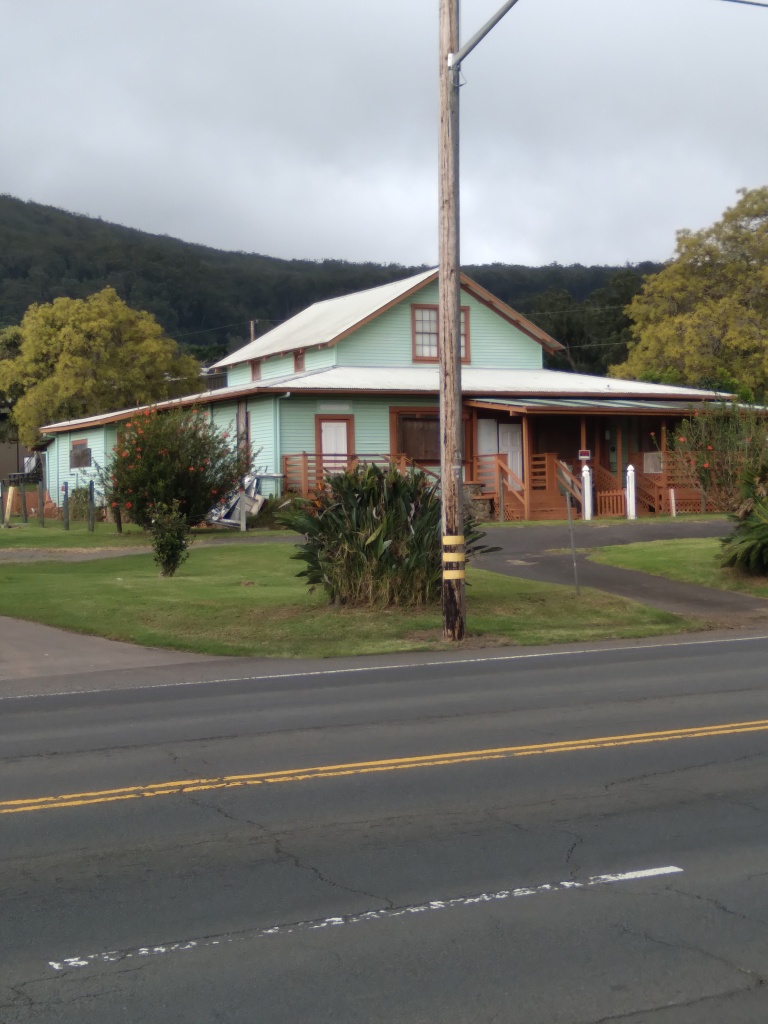
True Neighbors
There has been an uproar in my hometown of Waimea regarding the large land purchases and huge philanthropic donations made by San Francisco based tech businessman Marc Benioff.
Benioff is the co-founder and CEO of Salesforce, a tech company based in California. He is also the owner of Time Magazine and has a beach side home in Waimea. He recently gave a very testy interview to NPR reporter, Dara Kerr, who grew up in Hawaii (https://www.npr.org/2024/02/28/1232564250/billionaire-benioff-buys-hawaii-land-salesforce?fbclid=IwAR39VszSwBhKQLudK9TRP6SYIpZSQ4Btr4Nn66HvRb_uDmtRZ1GVcYXnC9A).
I recently had an e-mail exchange with a friend about Mr. Benioff’s questionable donations. Questionable because while he’s been very public about his donations, his other land purchases have been more secretive. My friend believes we shouldn’t criticize our neighbors, the Benioffs, since they have done so much for the community.
I take issue with the word “neighbor”.
Who is my neighbor?
When my family ran Fukushima Store, we had a farmer and his wife as neighbors. They would bring us a sack full of daikon and other vegetables from their fields. My parents would talk story with them. We’d reciprocate by stopping by their house on our way to Honoka’a and give them banana bread or cookies.
My mother continued this tradition of talking story – an island tradition – after my father died. I’d sometimes overhear her end of the conversation on an old fashioned land line phone, where callers have to pick up and put down a receiver. She would be talking to a neighbor in the driveway before ours. It they are both working in their yards, they’d take a break and talk story over the fence.
My mom would also send me to deliver cookies and fruit to our longtime neighbors. We have been neighbors for at least fifty years. We have built a rapport with them and have gotten to know them. A neighbor is not one who intimidates or bully others. That would create a sense of mis-trust.

After reading the NPR article, two words come to mind describing Mr. Benioff’s behavior. Those words are unapproachable and aloof.
At the start of the interview with Mr. Benioff, Kerr mentioned that he had a Salesforce associate sit in on the interview via ZOOM. Mr. Benioff loved talking about his charitable donations. But when the reporter brought up the subject about his land purchases, he would fidget and avoid the subject. At one point, his associate intervened, saying Kerr can talk with the associate about the land purchases after the interview.
This associate played the role of what western journalists working in China, call a government minder –someone who monitors the entire interview. This is not how one “talks story” to build rapport. This is not how you come clean to the public.
Which leads to his aloof behavior.
While Mr. Benioff may understand the idea of ‘ohana, he does not understand the idea of “talking story” with our neighbors. If he had asked for community input regarding the purchase of the former Mamane Bakery property, perhaps he would have gotten a better reception. To just suddenly open a Jewish center – he has since retracted that statement saying that it’s a community center for everyone –without community feedback, shows that he is out-of-touch with his neighbors.
In that famous parable of the Good Samaritan from Luke 10, a Jewish leader asks Jesus who is my neighbor. Jesus then proceeds to tell the story of a man who is attacked on the road by thieves. The man is injured and left to die.
A priest sees the injured man. But he continues on his way. A Levite does the same.
But when a Samaritan sees the man, he stops and tends to the man’s injuries. He then takes the man to an inn and pays for the man’s expenses.
Jesus ends the story by forcing the leader to answer his own question.
“They one who shows mercy.”
I saw this mercy in action when we had our fire disaster in August of 2021. Our community emergency response team of which I serve on, was asked to help the county to open and run shelters in Waimea. I saw several flatbed trucks loaded with palettes of bottled water, parked in the parking lot of the Waimea Community Center. Men were unloading these palettes for distribution to evacuees. I also had teammates fielding calls from local thrift shop operators asking us what we needed.
“We need mattresses, pillows, blankets, and bed sheets,” said our team lead. “We’ll take whatever bedding you’ve got.”
These thrift shop operators came through. They opened up their storage and brought what they had over to the shelters.
These volunteers showed mercy. They are our neighbors. They are people that live on the street where I live. They are the people that I work with and go to church with. They are the people that I break bread with. These are my neighbors who I come into contact on a regular basis and who I trust.
So, who is my neighbor? It is someone who not only shows mercy to others. It is someone whom I can build a rapport. It is someone whom I can break bread with. It is someone who is willing to get dirty when the going gets tough. While it is nice to have a rich man donate chunks of money to charitable causes to benefit the community, a neighbor is someone I can trust.
Mr. Benioff is not that neighbor.
So, look to the family who lives next to you. Look to your co-workers who share your work space. Look to the person who sits next to you at church. When disaster strikes, these are the people who are most likely to respond.
These are my neighbors.

